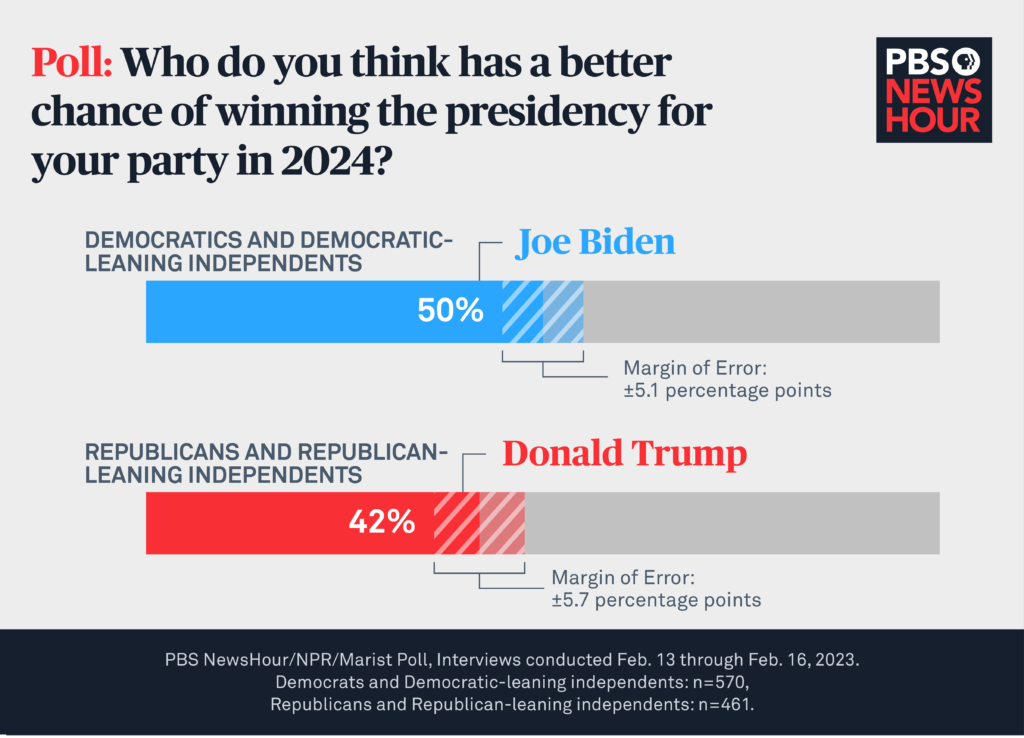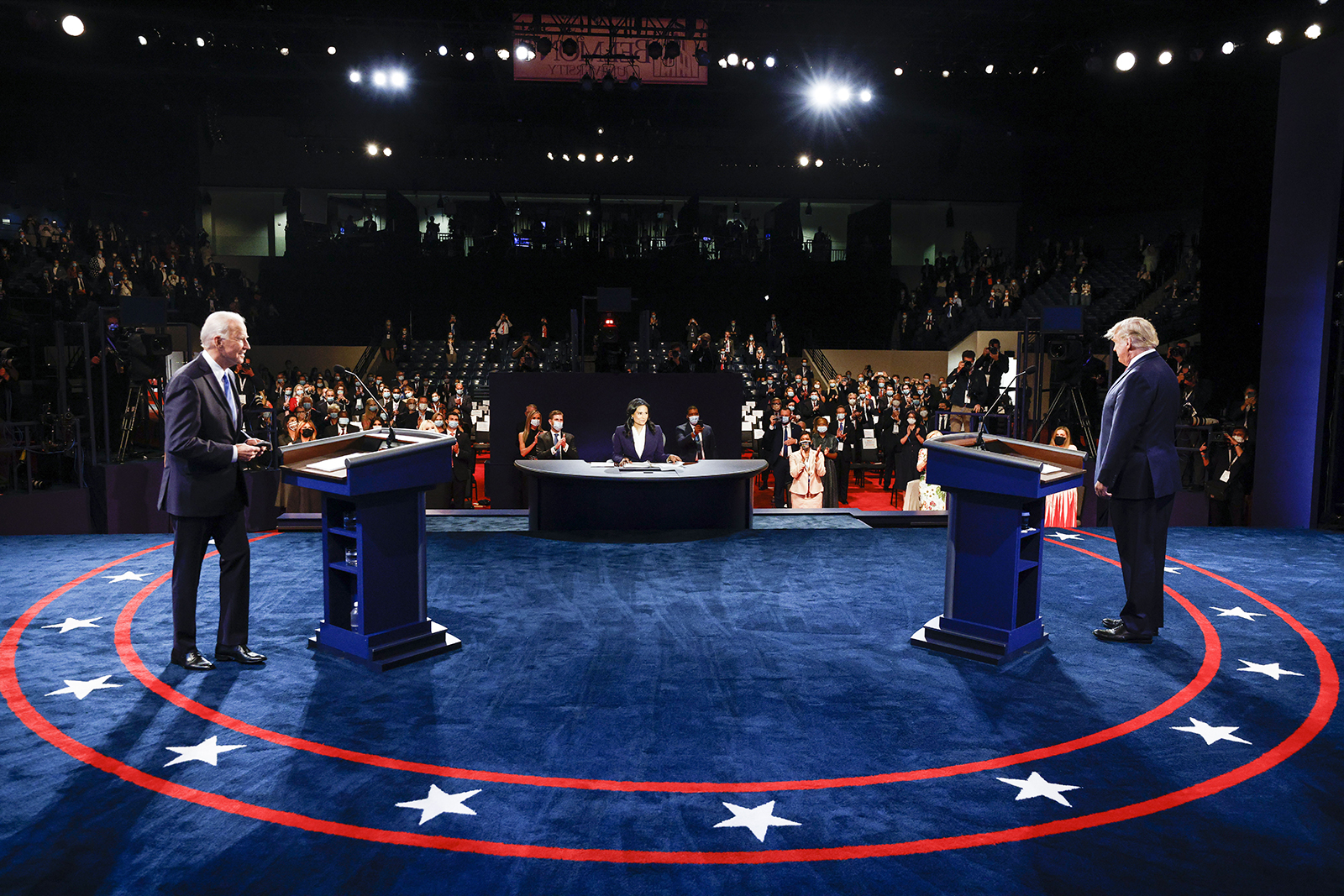Analyzing Performance

The presidential debate provided a platform for the candidates to showcase their policy positions, communication skills, and overall leadership qualities. This analysis will delve into the strengths and weaknesses of each candidate’s performance, comparing and contrasting their communication styles and evaluating the effectiveness of their arguments.
Communication Styles
The candidates’ communication styles played a significant role in shaping the audience’s perception of their messages.
- Candidate A employed a direct and assertive communication style, often using strong language and a confident tone. They frequently interrupted their opponent and challenged their claims. Their body language was characterized by strong eye contact, a steady posture, and frequent gestures.
- Candidate B, on the other hand, adopted a more measured and diplomatic approach, emphasizing a calm demeanor and a focus on policy details. Their language was more nuanced and their tone was generally even-keeled. Their body language was more relaxed, with occasional nods and smiles.
These contrasting styles likely resonated with different segments of the audience, with Candidate A’s assertiveness appealing to those seeking a strong leader and Candidate B’s composure attracting those who value calm and thoughtful decision-making.
Effectiveness of Arguments, Whos winning in the presidential debate
The candidates’ arguments varied in their effectiveness, depending on their ability to address the issues raised and connect with the audience.
- Candidate A’s arguments often focused on broad themes and overarching principles, appealing to emotional responses and emphasizing their commitment to specific values. Their approach was successful in mobilizing their base, but may have alienated undecided voters who sought more detailed policy proposals.
- Candidate B’s arguments were more data-driven and policy-focused, emphasizing their experience and expertise in addressing complex issues. Their approach was well-received by those seeking concrete solutions and a pragmatic approach to governance.
Ultimately, the effectiveness of each candidate’s arguments was dependent on the specific issues being debated and the audience’s expectations.
Strengths and Weaknesses
Each candidate exhibited both strengths and weaknesses during the debate.
- Candidate A demonstrated strong leadership qualities, a clear vision, and a passion for their cause. However, their tendency to interrupt and attack their opponent may have been perceived as aggressive and disrespectful by some viewers.
- Candidate B showcased a calm and collected demeanor, a deep understanding of policy details, and a commitment to finding common ground. However, their approach may have lacked the energy and charisma needed to engage a broader audience.
The debate provided valuable insights into the candidates’ strengths and weaknesses, allowing viewers to assess their suitability for the presidency.
Public Perception and Reaction: Whos Winning In The Presidential Debate

The presidential debate, a highly anticipated event, generates significant public interest and reactions. Analyzing these reactions offers insights into how the debate may have influenced voters’ perceptions of the candidates.
Social Media Trends and News Coverage
Social media platforms provide a real-time barometer of public sentiment. During and after the debate, Twitter, Facebook, and other platforms are flooded with discussions, reactions, and opinions. Analyzing these trends, including the use of hashtags, mentions, and sentiment analysis, can reveal which candidate or issues garnered the most attention and positive or negative sentiment.
News coverage also plays a crucial role in shaping public perception. News organizations often provide detailed analysis of the debate, highlighting key moments, candidate performance, and expert opinions. The tone and emphasis of news coverage can influence how viewers interpret the debate and its implications.
Whos winning in the presidential debate – Determining who “wins” a presidential debate is subjective, but analyzing the impact on public opinion can offer insights. One event often scrutinized is the Fox presidential debate , as it often draws a large audience and sets the stage for the campaign’s trajectory.
Post-debate polls and media coverage can provide valuable data on which candidate gained the most momentum and potentially swayed undecided voters.
Determining who’s winning a presidential debate is a subjective exercise, often dependent on individual perspectives and biases. The September presidential debate is likely to be a key moment in the race, with both candidates vying for the spotlight and a chance to sway undecided voters.
Ultimately, the impact of any debate on the election outcome is difficult to predict, but the September event will undoubtedly offer a valuable insight into the candidates’ strengths and weaknesses.
